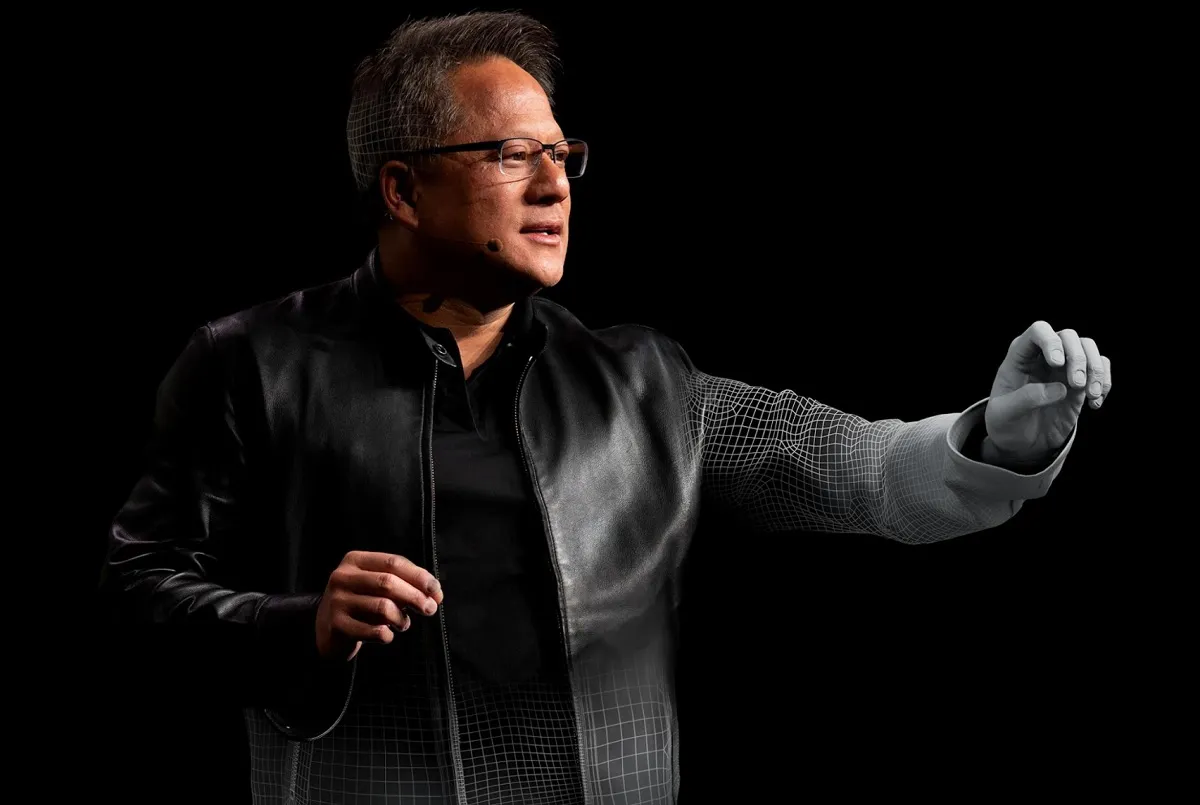In a time where opinions on the ethical aspects of Artificial Intelligence (AI) development diverge, the founder of the leading AI chip maker remains unconcerned.

“I am confident that, collectively with colleagues worldwide, we will create technologies, philosophies, methodologies, practices, monitors, regulations, and design practices to ensure the safety of technology,” stated Jensen Huang, the founder, President, and CEO of Nvidia, in a Wednesday roundtable interview with the BBC.
In May, Nvidia joined the trillion-dollar valuation club alongside tech giants like Apple, Amazon, Alphabet, and Microsoft. Despite fierce competition in the AI chip business, notably from Chinese telecoms firm Huawei, whose CFO Meng Wanzhou expressed the intention to offer a “second option” for AI integration, Huang remains unfazed. He sees competition as a driving force for technological advancement and societal contributions.
Huang, with an estimated net worth of $41.6 billion according to Forbes, emphasized, “It allows us to do our best work and make contributions to society.”
Nvidia, a dominant force in the AI chip market with over 90% control in China, acknowledged a historical revenue reliance of around 20% from China. However, in its November earnings report, the company warned of an anticipated sales decline by year-end due to US export restrictions aimed at curbing China’s progress in AI.
The US government cited these measures as necessary to prevent China from acquiring cutting-edge technologies that could enhance its military capabilities, especially in AI. Nvidia is actively collaborating with the US government to ensure full compliance with current rules for chips destined for the Chinese market.
These statements follow the recent turmoil at OpenAI, an AI company, during which founder Sam Altman faced dismissal and subsequent reinstatement by the board. Microsoft, a key investor, refuted claims of a safety-related disagreement. Notably, the large language model ChatGPT, operated by OpenAI, was trained using 10,000 of Nvidia’s GPUs clustered together in a Microsoft-owned supercomputer.






